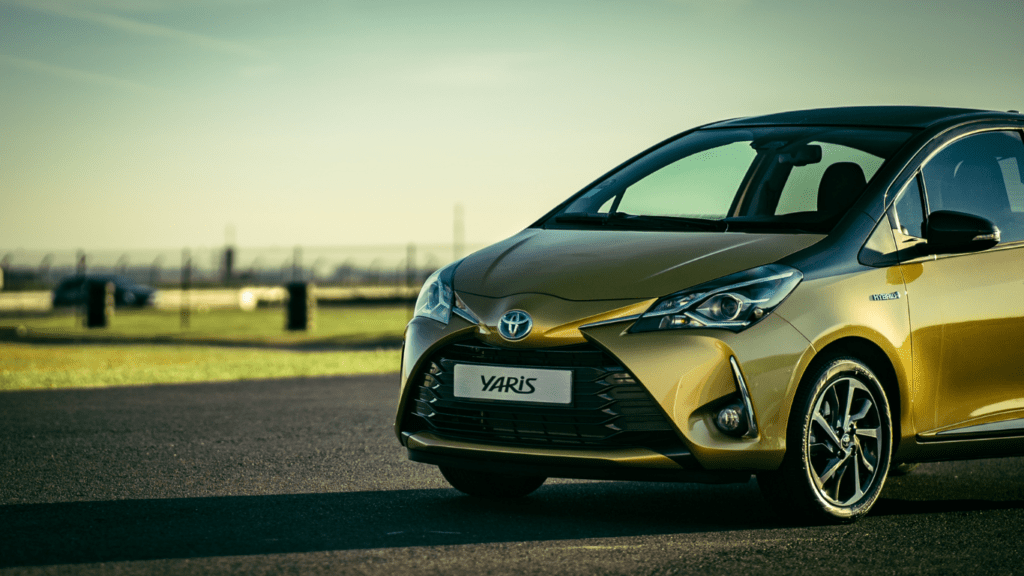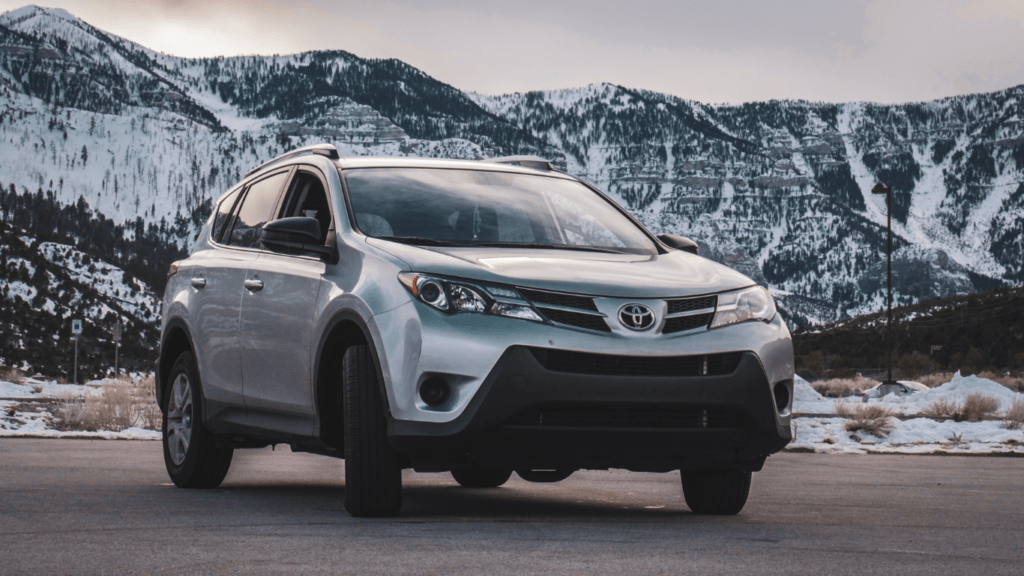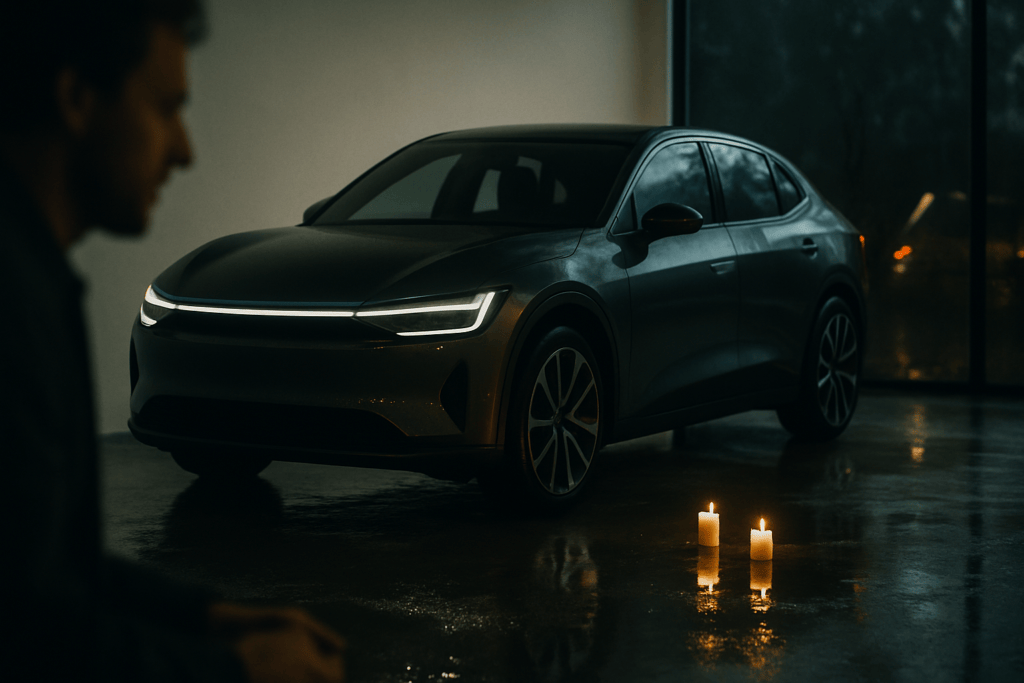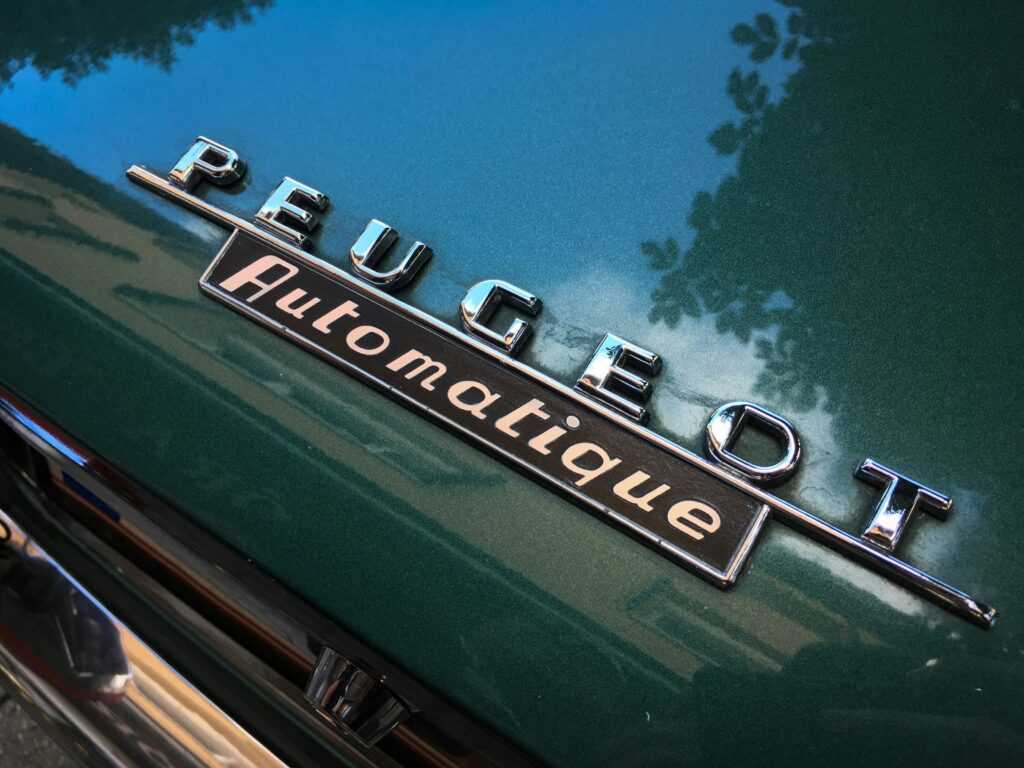As an automotive enthusiast, I’m always intrigued by the advancements in hybrid car technology and the evolving landscape of sustainable transportation. The future of hybrid cars holds exciting prospects, with innovations pushing the boundaries of efficiency and eco-friendliness. From sleek designs to enhanced battery performance, manufacturers are continuously raising the bar to meet the growing demand for greener alternatives.
In this article, I’ll delve into the latest innovations in hybrid vehicles and explore market predictions that shape the industry’s trajectory. With a focus on cutting-edge developments and consumer preferences, we’ll uncover what lies ahead for hybrid cars in terms of performance, affordability, and environmental impact. Join me on this journey into the future of hybrid cars, where innovation meets sustainability for a greener tomorrow.
The Evolution of Hybrid Cars
Past Developments
In the early days, hybrid cars were a novel concept, blending traditional internal combustion engines with electric power. Automakers focused on improving fuel efficiency and reducing emissions. Hybrid pioneers like Toyota introduced the Prius in the late 1990s, setting the stage for a new era of sustainable transportation.
Current Hybrid Technologies
Today, hybrid cars have come a long way from their modest beginnings. Modern hybrids leverage cutting-edge technology to optimize performance and reduce environmental impact. Features like regenerative braking, dual power sources, and advanced battery systems have become standard, offering consumers a compelling mix of efficiency and eco-friendliness. In the current automotive landscape, hybrid vehicles are no longer a niche market but a significant player in the quest for greener mobility.
Innovations Shaping the Future of Hybrid Cars
Innovations in hybrid cars are driving the automotive industry towards sustainable and efficient mobility solutions. Let’s explore key advancements that are shaping the future landscape of hybrid vehicles.
Advancements in Battery Technology
Hybrid car manufacturers are continually enhancing battery technology to improve performance and efficiency. Lithium-ion batteries, commonly used in modern hybrids, offer higher energy density and longer lifespan compared to traditional lead-acid batteries. These advanced batteries not only power the electric motor but also store energy generated through regenerative braking, maximizing fuel economy and reducing emissions.
Improved Fuel Efficiency Techniques
Hybrid cars employ various techniques to enhance fuel efficiency and reduce environmental impact. Engine start-stop systems automatically shut off the engine when the vehicle is stationary, minimizing fuel consumption during idling. Additionally, aerodynamic designs, lightweight materials, and optimized powertrain systems contribute to improved overall efficiency. By seamlessly integrating electric power with conventional engines, hybrid vehicles achieve higher miles per gallon, making them a sustainable choice for eco-conscious drivers.
Market Predictions for Hybrid Cars
As we delve into the market predictions for hybrid cars, it’s essential to analyze the growth trends and regions to watch closely in the coming years.
Growth Trends and Regions to Watch
- Emerging Markets: In the foreseeable future, emerging markets are expected to witness a surge in hybrid car adoption due to increasing environmental concerns and government incentives. Countries like China, India, and Brazil are set to play a significant role in driving the growth of hybrid vehicles.
- Technological Advancements: With rapid advancements in battery technology and electric drivetrains, hybrid cars are becoming more efficient and cost-effective. The integration of smart technologies, such as telematics and connected features, is also expected to propel the growth of hybrid cars in the market.
- Shifting Consumer Preferences: As sustainability and eco-friendliness take center stage, consumers are increasingly inclined towards hybrid vehicles. Factors like lower operating costs, reduced carbon footprint, and government subsidies are influencing consumers’ decisions, leading to an uptick in hybrid car sales.
- Infrastructure Development: The expansion of charging infrastructure and the availability of fast-charging stations are crucial for the widespread adoption of hybrid vehicles. Governments, along with private entities, are investing in infrastructure development to support the growing demand for eco-friendly transportation solutions.
- Cost Considerations: While the overall cost of hybrid cars has been decreasing over the years, initial purchase prices still remain higher than conventional vehicles. Manufacturers need to focus on reducing production costs and improving economies of scale to make hybrid cars more affordable for a broader consumer base.
- Range Anxiety: One of the primary concerns for consumers considering hybrid cars is range anxiety, i.e., the fear of running out of battery power. Enhancements in battery technology, along with the development of hybrid models with extended electric range, can help alleviate this concern and boost consumer confidence.
- Regulatory Landscape: Changes in emissions regulations and government policies can significantly impact the market for hybrid cars. Automakers need to stay abreast of evolving regulatory requirements and adapt their strategies to comply with environmental standards while meeting consumer expectations for sustainable transportation solutions.
- Competition from Electric Vehicles: The growing popularity of electric vehicles poses a challenge to the hybrid car market. Automakers must differentiate their hybrid offerings by highlighting the benefits of dual power sources and addressing the unique needs of consumers who may not be ready to switch to fully electric vehicles.
The future of hybrid cars is poised for growth and innovation, driven by technological advancements, changing consumer preferences, and supportive government initiatives. Overcoming challenges and capitalizing on opportunities will be crucial for the sustained success of hybrid vehicles in the automotive market.
The Impact of Policy and Regulation on Hybrid Cars
Government incentives and support play a pivotal role in shaping the future of hybrid cars. These incentives can significantly influence consumer decisions and drive the adoption of eco-friendly vehicles.
Environmental regulations have a direct impact on the development of hybrid cars. Stricter emissions standards and regulations push manufacturers to innovate and invest in cleaner technologies to comply with environmental requirements.
The Role of Consumer Preferences in Shaping Hybrid Car Innovations
Consumer preferences play a crucial role in driving innovations in the hybrid car industry. As technology evolves, shifts in consumer demand significantly impact the development of new features and advancements.
Shifts in Consumer Demand
I observe changes in consumer preferences influencing the design and functionality of hybrid cars. Consumers are increasingly valuing sustainability, fuel efficiency, and eco-friendly practices when choosing vehicles. This shift has led manufacturers to focus on developing hybrids with higher fuel efficiency, longer battery life, and reduced emissions. By aligning with these preferences, companies can cater to a growing market of environmentally conscious consumers.
Adoption Rates Globally
From my analysis, I see a steady increase in the adoption of hybrid cars worldwide. Countries like China, India, and Brazil are experiencing a surge in hybrid car sales due to changing consumer attitudes and government incentives. The global push towards sustainability and lower carbon emissions is driving this growth. As more consumers realize the long-term benefits of hybrid vehicles, the adoption rates are expected to rise further in the coming years.




